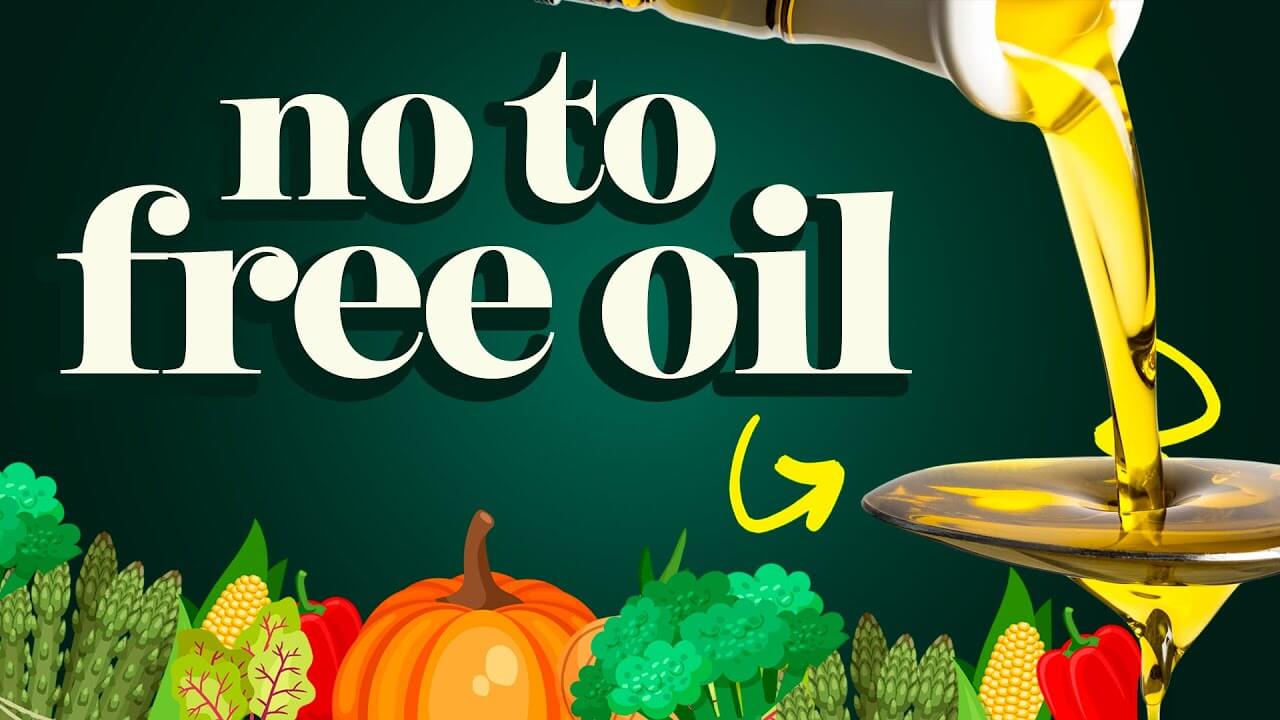Fat & Cholesterol



The body uses fat primarily for energy storage when no food or other immediate source of fuel is available, and cholesterol is needed for many critical cellular functions, so both are part of a normal, healthy body. Having said that, the body produces all the cholesterol it needs; and as for fat, plants already contain adequate amounts and only plants make the essential fatty acids your body needs to function. What’s more, plant foods never contain cholesterol.
Animal foods, on the other hand, provide too much fat, especially the most harmful kind (saturated fat), which damages the arteries and causes heart disease and stroke. Beef derives 60% – 80% of its calories from fat; pork, 80% – 95%; chicken, 30% – 50%; and fish, 5% – 60% percent. Meat is also rich in cholesterol. A 3 1/2 ounce serving of beef contains 85 mg of cholesterol; pork contains 90 mg; mackerel fish contains 95 mg; turkey, 83 mg; tuna, 63 mg; and chicken (skinned-white), 85 mg.
Vegetable Oils Are Not Health Foods
Even poly and monounsaturated fats – found in large amounts in vegetable oils and fish – have been shown to depress the immune system, increase bleeding and promote cancers, especially those of the colon, prostate and breast. Because all fats are easily stored by the body, too much dietary fat makes people overweight and lays the foundation for a host of other problems like heart disease, cancer and type 2 diabetes.






